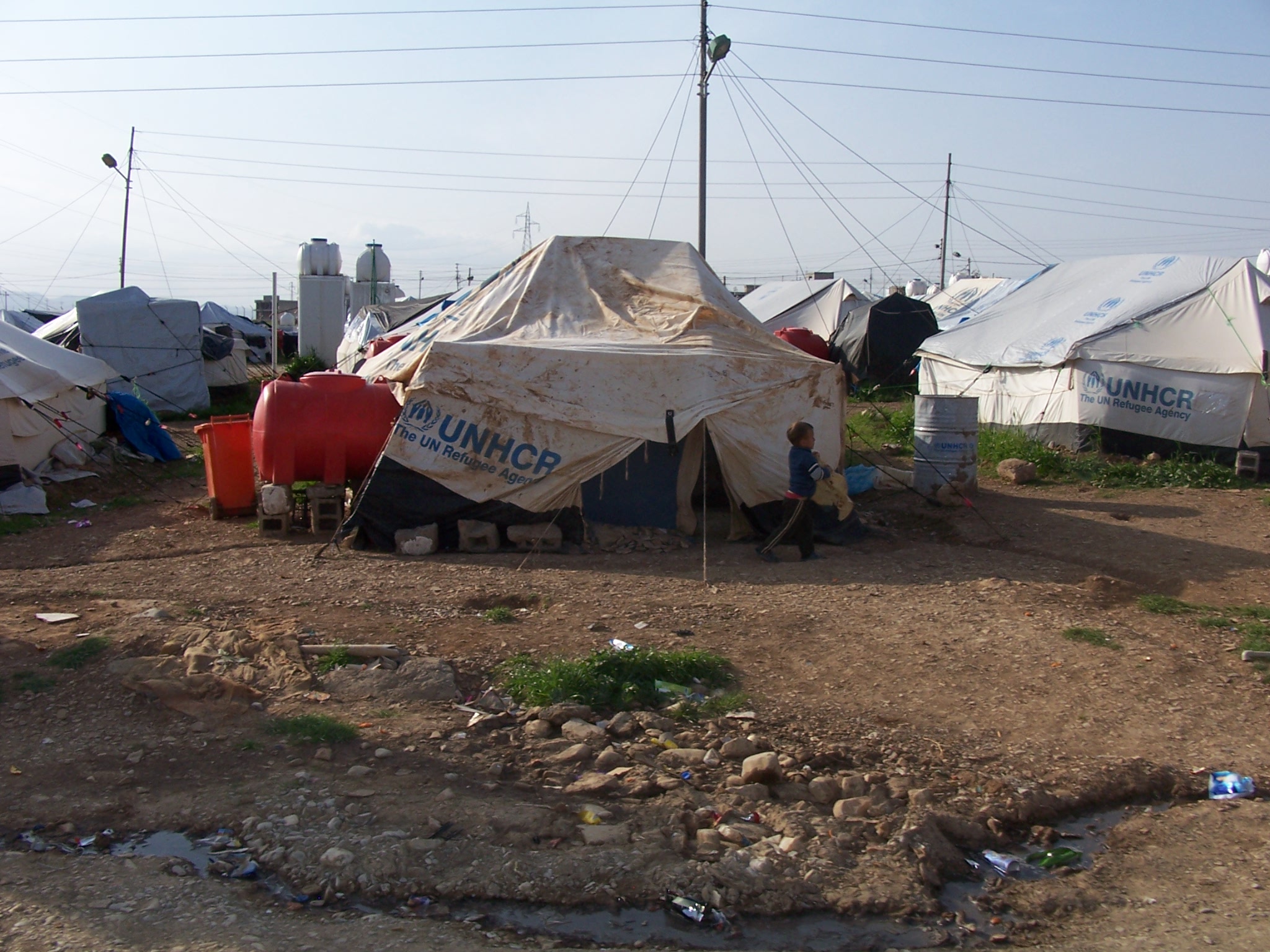On Thursday, May 14, 2015, President Manuel Santos of Colombia announced that his government would begin phasing out aerial spraying of coca growing operations, citing a World Health Organization report that one of the main chemicals in the herbicide used in the spraying has been shown to cause cancer in laboratory animals. This program has been a major part of Plan Colombia, a joint Colombia-United States anti-drug effort to fight the cocaine trade based in the country. Spraying in the country has been down since 2013, citing health concerns and the ineffectiveness of the program despite the fact that land used to grow coca plants increased last year. However, the complete departure from aerial spraying is a major change in Colombian policy and represents a complete break from US drug policy. The case in Colombia is now becoming the rule rather than the exception across Latin America where countries are breaking away from the staunch prohibition regime that the US has exported over the years and are now exploring other drug policies.
Across the region countries are adapting their laws and leaders are musing about a possible reform. The three main countries where the coca plant grows, Colombia, Bolivia, and Peru are all taking steps away from the hard-line prohibition regime. Colombia has stopped spraying coca plants, Bolivia banned American Drug Enforcement Administration agents from entering the country in 2008 and got an exception from the United Nations antidrug convention which allows coca plants to be used for traditional purposes. The Peruvian government is also working with farmers to stop them from growing coca plants in favour of other legal crops.
Countries that have been the hardest hit in the War on Drugs have called for reform. President Otto Pérez Molina of Guatemala and President Enrique Peña Nieto of Mexico have both called for reform into the way the drug trade is combated. Additionally countries that have not been subject to the same amount of violence as other countries in the region are changing their laws. Chile has just started to harvest its first crop of medical marijuana and Uruguay is well known for its recent legalization of marijuana. The Organization of American States, a multilateral organization of the 35 countries in the Americas, has called for reform in the way countries are prosecuting drug crimes. The organization has recommended that countries try to implement policies that focus on rehabilitation and education, rather than incarceration.
One would assume that the US would have strong objections to these developments, but the response from Washington has been relatively calm. There have been no statements condemning different approaches or citing the dangers of breaking away from prohibition, but rather statements offering support and best wishes in these new strategies. The US may not be as concerned because cocaine use in the US is actually going down, while the use of methamphetamine, a drug which can be produced anywhere in the US, is going up. Therefore anti-drug efforts in the US have begun to focus more within its own borders, leaving other countries to choose their own paths.
With the United Nations General Assembly Special Session on Drugs coming up in 2016, there could be a change in international drug policy. That does not necessarily mean the UN will immediately begin calling for drug legalization, but it could mean steps towards greater emphasis on rehabilitation and education, and perhaps some legalization of certain drugs. Mexico, Colombia, and Guatemala were the countries who called for this special session which means they will probably attempt to follow whatever comes of it. The United States has shown some progress towards loosening the grip on prohibition and with its new attitude towards Latin America it may work towards a more relaxed drug policy. There are many signs pointing to change and hopefully that fosters a new attitude towards drug policy in Latin America.





